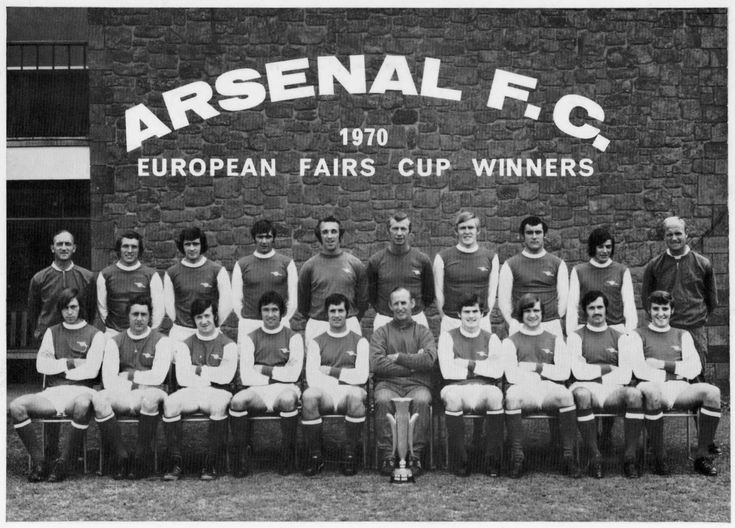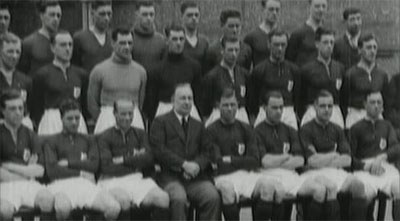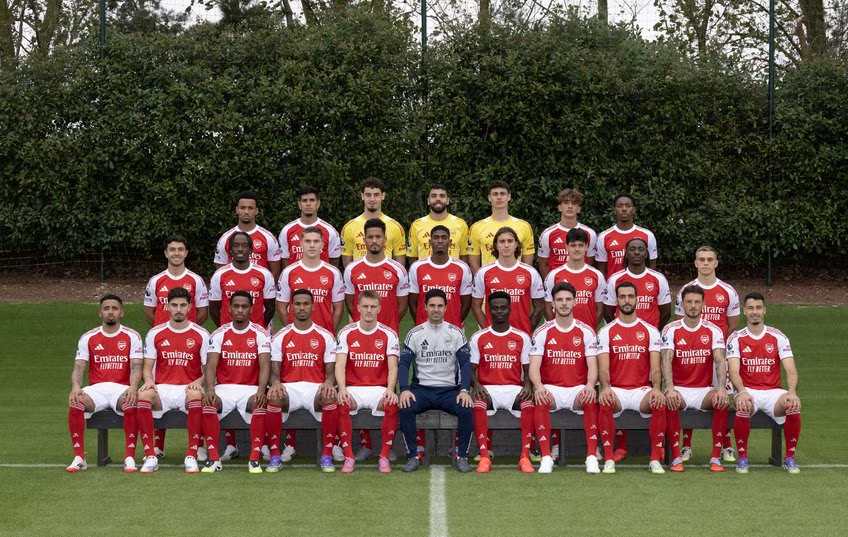Complete Timeline of Arsenal FC: From 1886 till Date

A Complete Arsenal FC Timeline: Origins, Glory and Challenges
Arsenal Football Club has one of the richest histories in English football. From humble beginnings in Woolwich to becoming a global institution, here is the complete timeline of Arsenal’s history — the highs, the lows, and what has made the Gunners who they are today.
1886-1919: Early Years & Woolwich Arsenal
- 1886: Founded by workers at the Royal Arsenal munitions factory in Woolwich, as Dial Square. Soon renamed Royal Arsenal.
- 1891: Turned professional, became Woolwich Arsenal.
- 1893: Joined the Football League (Second Division).
- 1913: Relocated from Woolwich to Highbury, North London; dropped “Woolwich” from name. Highbury becomes Arsenal’s home for the next 93 years.
- 1919: Promoted to First Division (controversially over Tottenham Hotspur), beginning Arsenal’s unbroken run in England’s top flight.
1920s-1930s: Chapman’s Revolution and Golden Decade
- 1925: Herbert Chapman appointed manager. He transforms Arsenal’s fortunes.
- 1930: First major trophy — the FA Cup.
- 1930-31: First League title, playing attacking, innovative football.
- 1933: The red shirt with white sleeves is introduced, becoming Arsenal’s identity.
- 1934: Chapman dies suddenly, but Arsenal continues winning under George Allison.
- 1930s dominance: Multiple League titles and an FA Cup win cement Arsenal as England’s biggest club of the era.

1940s-1960s: Post-War, Mixed Fortunes
- Post-WWII: Arsenal re-establish themselves but trophies are harder to come by.
- 1950: Arsenal win the FA Cup.
- 1960s: Despite talented players, Arsenal go through a relatively lean period in terms of silverware.
1970s-1980s: Return to Silverware
- 1971: Arsenal achieve the Double — First Division title and FA Cup in the same season.
- 1970s-80s: Mixed fortunes but regular cup runs and finals.
- 1986-87: League Cup win under George Graham.
- 1989: Famous last-minute title win at Anfield.
- 1991: Another League title secured.
1990s-2000s: Wenger Era & Modernisation
- 1996: Arsène Wenger appointed manager, revolutionising the club with new ideas.
- 1998: First Double under Wenger (Premier League + FA Cup).
- 2002: Another Double.
- 2004: The Invincibles — Arsenal go an entire Premier League season unbeaten, 49 games in total.
- 2006: Reach Champions League Final and move from Highbury to the Emirates Stadium.
2010s-Present: Challenges, Revival & New Eras
- 2010s: Transition period after Highbury move, but still success with FA Cup triumphs.
- 2019: Mikel Arteta becomes manager, ushering in a new era of tactical identity.
- Early 2020s: Arsenal rebuild with youth and strong recruitment, competing once again at the top of the Premier League and aiming for European glory.

Key Records & Trivia
- Arsenal have been in England’s top division uninterrupted since 1919.
- The club’s motto is Victoria Concordia Crescit (“Victory Through Harmony”).
- The iconic red shirt with white sleeves remains one of the most recognisable kits in football.
Arsenal’s history is one of growth, resilience, and achievement. From its foundation in Woolwich in 1886 to being a global football institution, the club has experienced periods of dominance, challenges, and reinvention. The successes of the 1930s, the Double in 1971, the Invincibles season of 2004, and the move from Highbury to the Emirates Stadium are milestones that continue to define the Arsenal’s identity.
Thanks for reading, Gunners Diary.
References:
- Arsenal.com. (n.d.). Club history. Arsenal Football Club. Retrieved from https://www.arsenal.com/history
- Britannica. (n.d.). Arsenal Football Club. In Encyclopedia Britannica. Retrieved from https://www.britannica.com/topic/Arsenal-English-football-club
